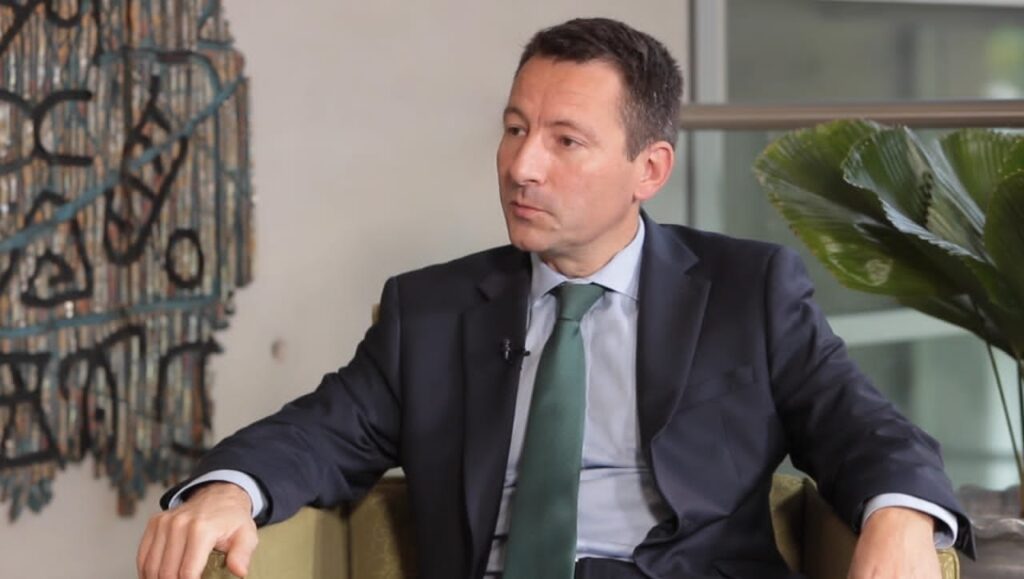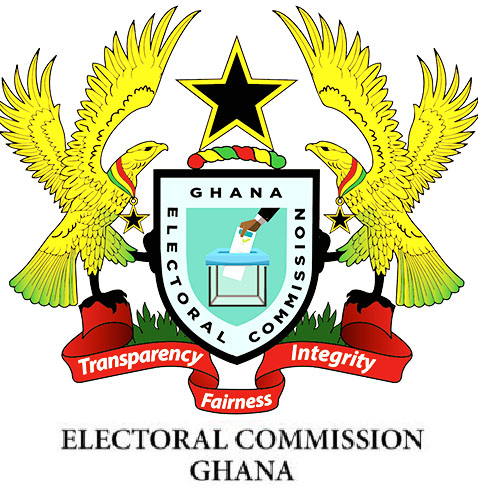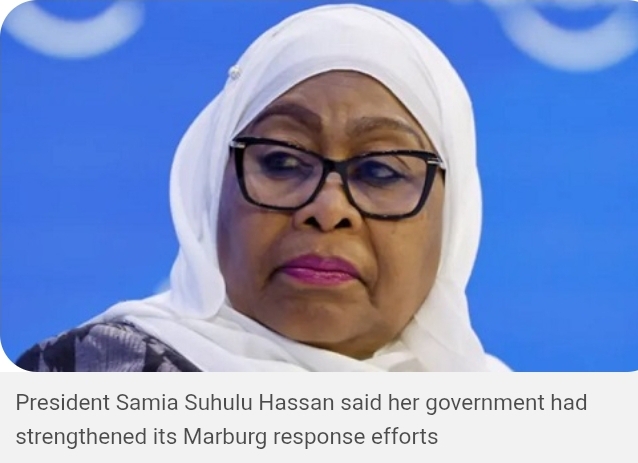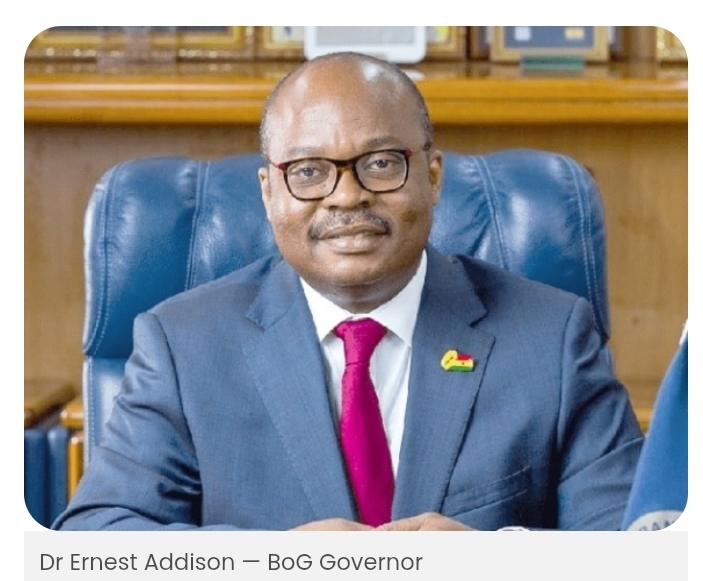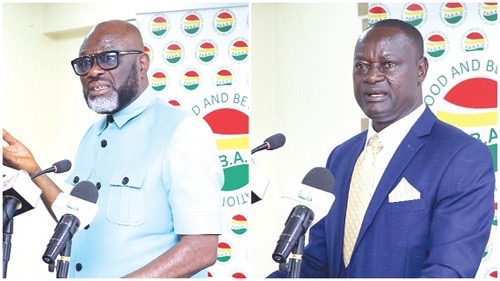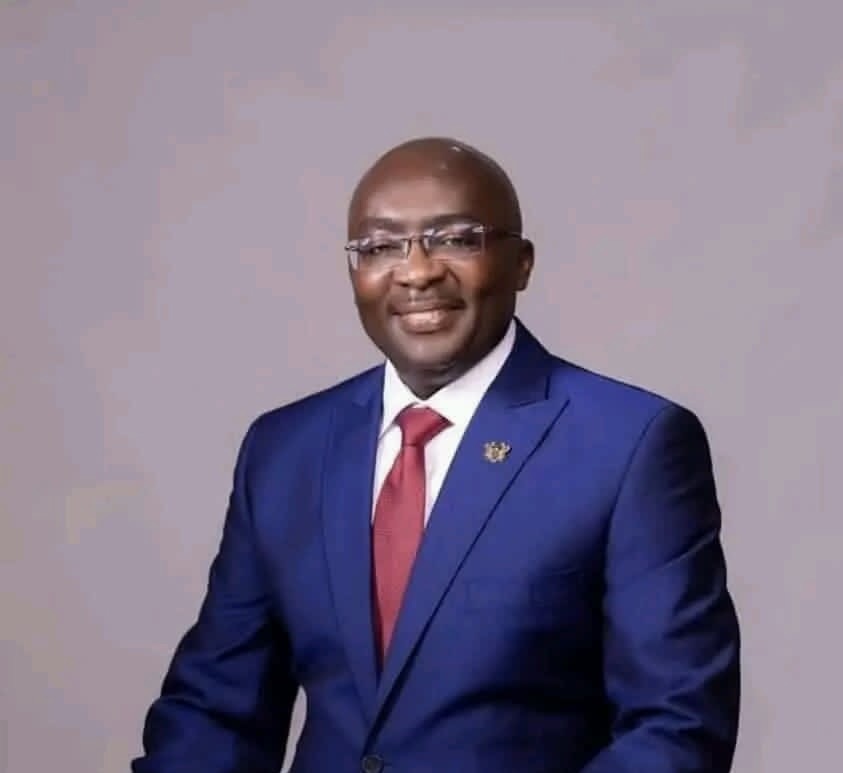The International Monetary Fund (IMF) has backed Ghana’s Finance Minister in identifying the country’s energy sector inefficiencies as the most significant threat to economic stability.
Speaking at the conclusion of the IMF Spring Meetings in Washington, D.C., Stéphane Roudet, IMF Mission Chief for Ghana, reaffirmed the Fund’s longstanding concerns about the financial weaknesses plaguing the sector. He emphasized that reforming Ghana’s energy sector remains a central pillar of the IMF-supported economic programme.
Roudet underscored the mismatch between the revenue collected by the Electricity Company of Ghana (ECG) and the actual cost of electricity production as a critical issue.
“We knew from the outset that there were major challenges in the energy sector,” he said. “The core problem lies in the significant gap between what ECG collects in electricity bills and the real cost of generating and supplying electricity—this is what we refer to as the energy sector shortfall.”
Despite the challenges, Roudet expressed confidence in the Ghanaian government’s commitment to achieving the programme’s reform targets.

